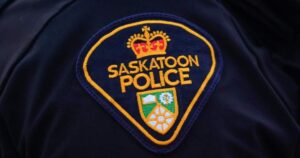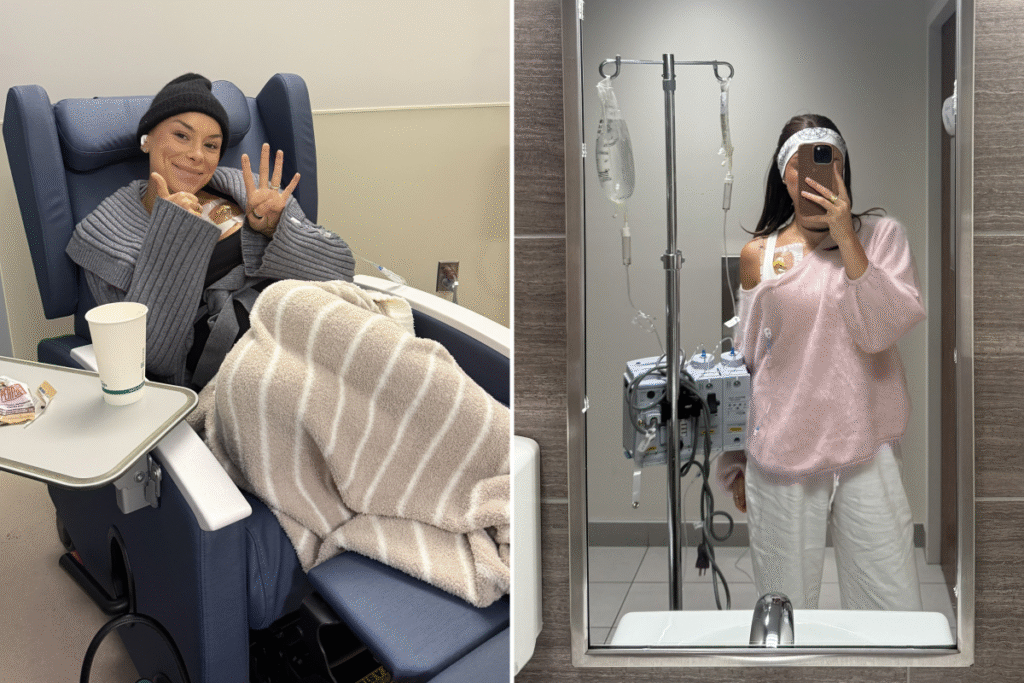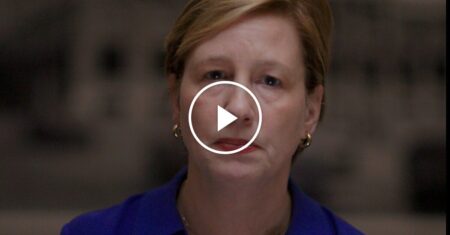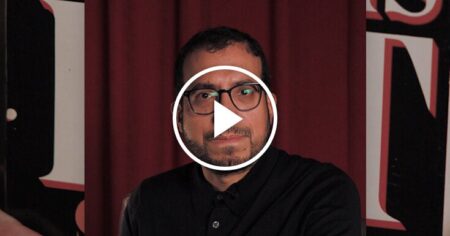After dreaming of starting a family her whole life, Victoria Glass was delighted when she learned that she’s expecting. Like many pregnant women, she underwent a genetic test to learn more about her baby’s health—but she had no idea it would actually lead to her own shocking diagnosis.
Glass, 28, found out that she’s pregnant in March, at around four weeks gestation. It was a moment she’d imagined in her head for so long, and it was finally a reality.
By May, when Glass was 10 weeks pregnant, she did a blood test known as non-invasive prenatal testing (NIPT). The purpose is to screen the fetus for certain chromosomal conditions, congenital abnormalities, and also to find out the gender.
“What I didn’t know at the time is that it can also give a crucial look into the mother’s health,” Glass, who resides in Chicago, told Newsweek.
Two weeks later, Glass received a phone call that instantly gave her a bad feeling. She knew the doctors would only call if there was something of concern.
“I was told that the findings were inconclusive because there was a lot of extra and missing DNA in the blood sample,” Glass continued. “They asked if I had been diagnosed with cancer or had a tumor I was aware of, to which I answered no, and the panic started to set in.
“They went on to explain that these results are still being studied and there is a lot of unknown. It could be caused by issues with the placenta, non-cancerous or cancerous tumors, or autoimmune disease.”
As soon as the phone call was over, Glass did a self-exam. To her horror, there was a lump in her right breast.
In a matter of weeks, she’d gone from sheer joy to dread and a sinking feeling. But Glass knew she had to act fast, not only for herself, but for the health of her unborn child.
She learned about the IDENTIFY study taking place at The National Institutes of Health in Maryland, researching how prenatal blood tests for the baby can detect cancer in the mother. There was “no question” that Glass wanted to participate, because even if it didn’t change anything for her, it could benefit countless women in the future.
Eight days after her initial phone call, Glass was on a plane to Maryland where she underwent blood work, a full body MRI, and met with an oncologist. The MRI highlighted that the mass in her breast was unlikely just a cyst, so Glass was sent for an ultrasound and mammogram upon returning home.
That proved to be a seminal moment, as Glass was diagnosed with invasive ductal carcinoma at 15 weeks, with a grade 3 triple negative tumor.
“Everything unfolded in what felt like a blink of an eye,” Glass said. “I took the NIPT test at 10 weeks, received the call that something was off at 12, went to the NIH at 13, had a mammogram, ultrasound, and biopsy at 14, was diagnosed at 15, had my port placed at 16, and began chemotherapy at 17 weeks pregnant.”
Glass will never forget the moment she learned that she has cancer, telling Newsweek that it’s “permanently etched” into her memory. She felt so fortunate that her cancer was found early and her instinct was to look ahead towards a treatment plan.
Due to her pregnancy, Glass couldn’t undergo all the usual testing to diagnose the cancer.
Treatment started at 17 weeks pregnant when Glass started the first of four rounds of chemotherapy. On October 13, at 32 weeks, she had a single mastectomy to remove the right breast where the tumor was located.
Glass will be induced at 36 weeks before starting 12 rounds of weekly treatment when she’s one week postpartum. She also has a left breast mastectomy planned, followed by reconstruction surgery three months later.
“I have dreamed of becoming a mother since I was a little girl, but this experience has exemplified how an extreme range of emotions can exist at once,” Glass said. “Being pregnant has brought me joy, excitement, and above all, hope. But to be pregnant while facing a diagnosis has challenged me in ways I never could have prepared for.
“However, it has also shifted my perspective. I couldn’t care less that I’m not having a baby shower or that I don’t look how I imagined. Little things that may have upset me before really don’t phase me. All that matters is that my baby is healthy, and that I am going to be.”
Raising Awareness for Other Women
Following her breast cancer diagnosis, Glass took to TikTok (@victoriaoglass) to share her experience. The video, discussing how her baby “quite literally saved [her] life,” has captured so much attention and generated over 226,200 views and 29,900 likes at the time of writing.
Glass urges people to regularly examine their bodies and look out for any changes. Regardless of family history, overall health and lifestyle, she wants to show that cancer doesn’t discriminate.
Above all else, Glass hopes to inspire others and be living proof that from great challenges can come great strength.
She said: “Cancer has taught me to be vulnerable and lean on others, and it’s shown me the importance of focusing on gratitude. I wake up and think about all the incredible blessings that surround me. That perspective is what has given me the strength to get through this.
“When I think of everything my body has and will go through, I am both saddened and amazed of what we’re capable of. From undergoing chemo and surgery while pregnant, then transitioning into postpartum recovery while continuing chemotherapy, has shown me a strength I didn’t know I possessed.”
Is there a health issue that’s worrying you? Let us know via health@newsweek.com. We can ask experts for advice, and your story could be featured on Newsweek.
Read the full article here














